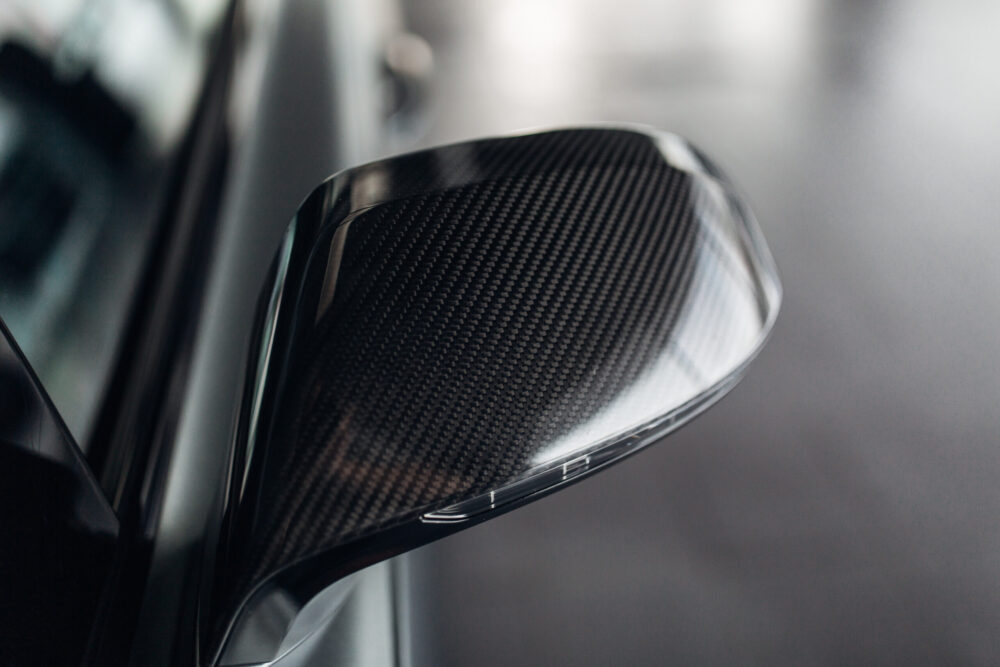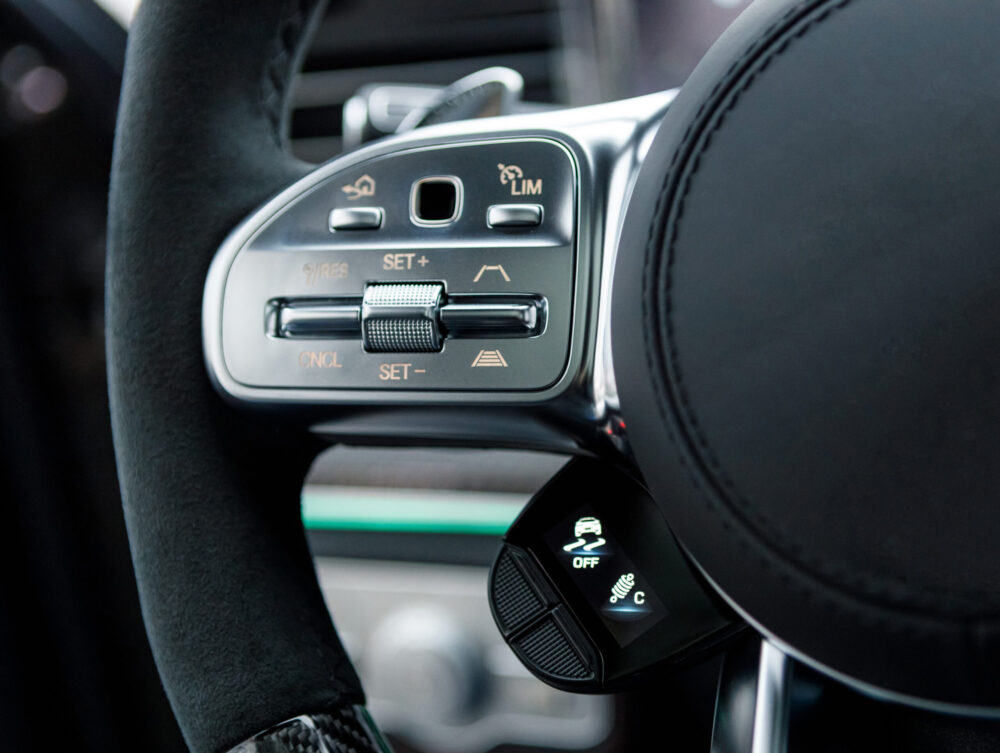PCH Finance
If you’re considering a new car or van and want an affordable and hassle-free way to drive one, personal contract hire (PCH) could be the perfect solution.
We’ve delved into the details of PCH, explaining how it works, its benefits, and important considerations to keep in mind. So, whether you’re a private individual or a business owner, our guide to understanding the intricacies of PCH will help you discover the best leasing options for your needs.
Get a quote
What is PCH?
PCH is an extremely popular form of vehicle leasing, allowing individuals or businesses to drive a new vehicle without needing long-term ownership or a large upfront payment.
PCH involves entering into a fixed-term agreement, typically ranging from 24 to 48 months, where you pay a monthly rental fee to use the vehicle. Unlike other forms of car finance, such as Personal Contract Purchase, PCH does not offer the option to own the vehicle at the end of the contract.
Instead, you simply return the car to the leasing company at the end of the agreement without any further obligations or depreciation concerns.


